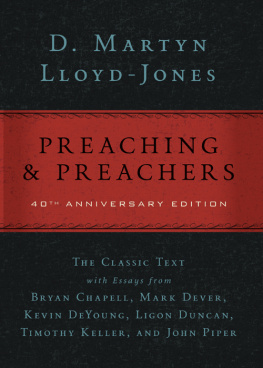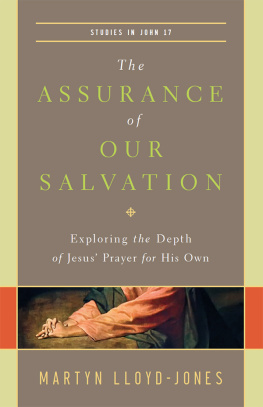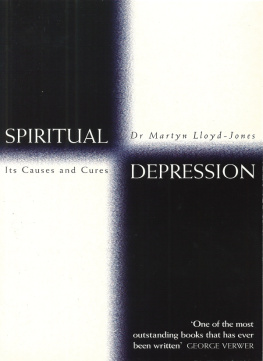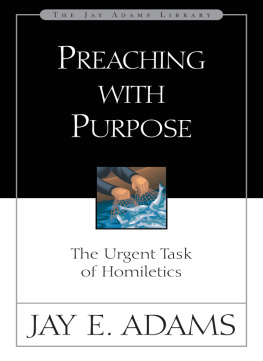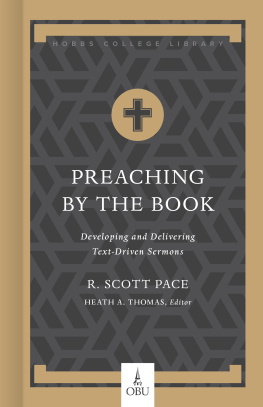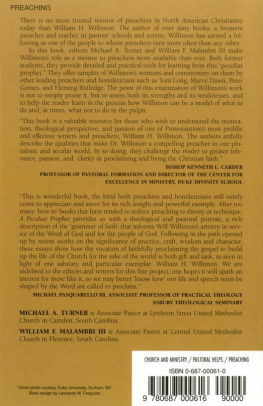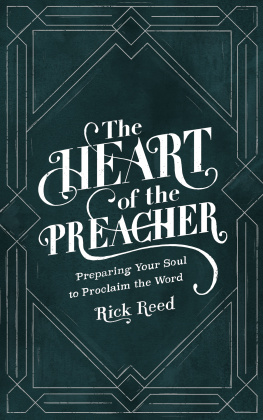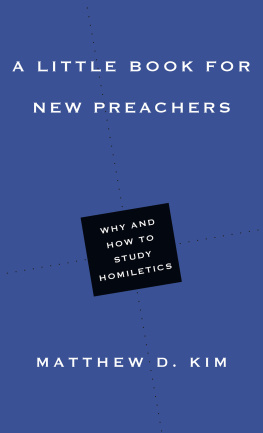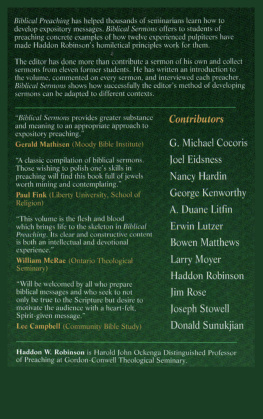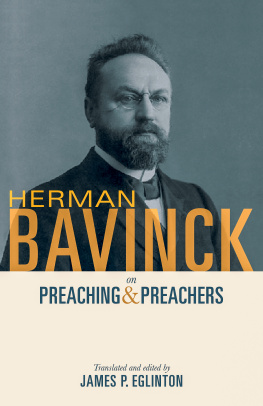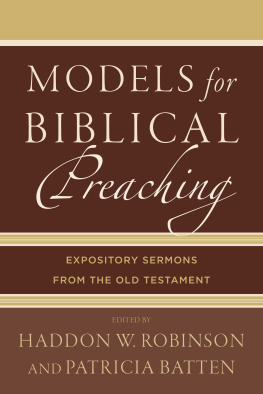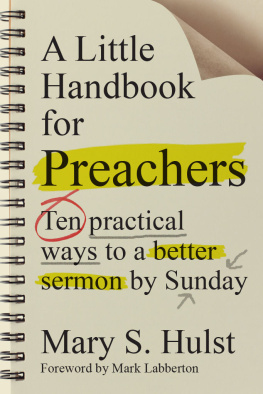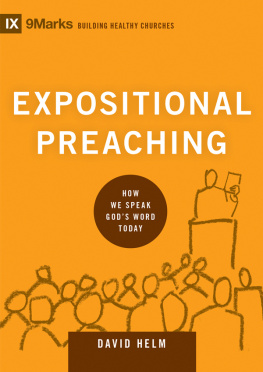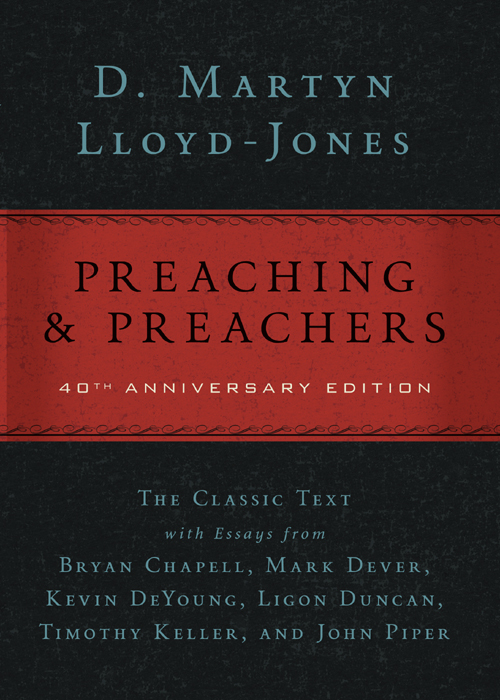This new edition contains the original text of the 1972 edition. The content of the original messages has not been altered. But a few other elements have been added that should make this popular book even more accessible. Subheadings have been added to aid in reading, along with questions at the close of each chapter for use in group discussion or personal reflection. In addition, several contemporary preachers have written essays discussing the impact of this book and the influence Lloyd-Jones has had on their own lives. I trust the contributions from Bryan Chapell, Mark Dever, Ligon Duncan, Timothy Keller, John Piper, and myself can serve the church by directing a new generation of preachers to this deserving classic.
I know of no other book on preaching that will motivate you to preach like this one will. Pastors will rediscover the romance of preaching. Christians in general will be better equipped to understand the preaching task and why it must have pride of place in the churchs ministry. I love this book because I believe God can use it to make better preachers and encourage better preaching. There is no more vital task. For as the pulpit goes, so goes the church.
I F THERE EVER WAS A PREACHER in the twentieth century whose books needed no commendation it would be Dr. D. Martyn Lloyd-Jones. This applies most of all to Preaching and Preachers, a volume that is already a classic in its field. But I happen to be in a position to pay Dr. Lloyd-Jones perhaps the highest tribute of all. I now stand in the pulpit in which he preached for thirty years. I also inherited a part of his congregation and following, and a number of his converts. I can speak with authority on the work he did.
One can imagine that I am not infrequently asked: What is it like to follow in the steps of Dr. Martyn Lloyd-Jones? The answer is that it is the easiest thing in the world and the hardest thing in the world. I will explain. Dr. Lloyd-Jones left a congregation that loved the Gospel more than a good sermon, preaching more than liturgy, and God Himself more than a form of godliness. That is a preachers dream. It ought also to be said that because the Doctor was utterly unique in his generation there was no temptation whatever to imitate his style. Not only that; the people knew that there would never be another like him, and consequently were graciously sympathetic towards anybody who made no effort to emulate him. We had in common the same Gospel, a similar theology and a deep conviction regarding the primacy and centrality of preaching.
On the other hand, no task could be more awesome and daunting than facing a congregation that had been used to reformed preaching at its finest (to quote Professor Emil Brunners evaluation of Dr. Lloyd-Jones) at Westminster Chapel. If ever the quotation Id as soon preach undressed as unprepared applied, it does indeed in the pulpit where the Doctor magnificently opened the Scriptures from 1938 to 1968. We are talking about a geniusa man who might well have become Prime Minister had he gone into politics. The quality of his mind was such that only a fool would try to master his style.
And yet the real secret that lay behind Dr. Lloyd-Jones success was that which defies explanation at the natural level. This is why this present book emphasises the man more than the art of preaching, and spiritual preparation more than sermon preparation. This is what is so encouraging! For if we are intimidated by the lack of a natural gift we may be thrilled at the prospect of having spiritual grace, which alone makes preaching preaching. I can testify that Dr. Lloyd-Jones has done far more for me spiritually than he has at any other level. For three years, until a few months before he died, we spent two hours together nearly every week discussing what I would preach on the following weekend. But those times did more in making me want to be a better man than a better preacher. And if one reads this book without catching this spirit one has missed the Doctors real genius.
His book entered into my life in 1963a time when my own ministry needed it most. No writer had gripped me as did this man. I knew I had met a friend, even if we would never meet face to face. His legacy is that we all can have him as a friend. He was the greatest preacher I ever heard and the best friend I ever had.
R. T. Kendall
Westminster Chapel
London
March 1981
W HEN I WAS ASKED to deliver a series of lectures to the students of the Westminster Theological Seminary on any aspect of the ministry I might like to choose, I decided that I must speak on Preaching and Preachers. Many times I had been asked to give a lecture, or two or three lectures, on Expository Preaching. I always replied that that was impossiblethat such a subject demanded a whole series of lectures because there was no magical formula that one could pass on to others.
I felt very diffident also to tackle such a great theme, and I have always been amazed at the readiness of certain young ministers to advise their brethren on preaching and pastoral matters. Who is sufficient for these things?
Even now I am reluctant to put these lectures into print. Perhaps the one justification for doing so is that I speak out of an experience of some forty-four years. During that time in addition to preaching regularly in the two churches of which I have been the pastoreleven and a half years in South Wales, and thirty years at Westminster Chapel, LondonI have always travelled a great deal between the Sundays and preached elsewhere. While in South Wales I generally preached twice on Tuesdays and Thursdays, and during most of my time in London I would be away on Tuesdays and Wednesdays, trying to get home, if possible on Wednesday night in order to prepare for the three sermons I would have to deliver at Westminster Chapel during the week-end.
I should have learned something as the result of that; and that is my sole title to attempt this task.
Throughout the years I have read many books on preaching. I cannot say that I have learned much from them, but I have enjoyed them greatly, and have often been entertained by themas far as I am concerned the more anecdotal they were the better.
I did not consult any of them again while preparing these lectures. I felt that the best plan would be for me to state my attitude and my practice for what they are worth.

